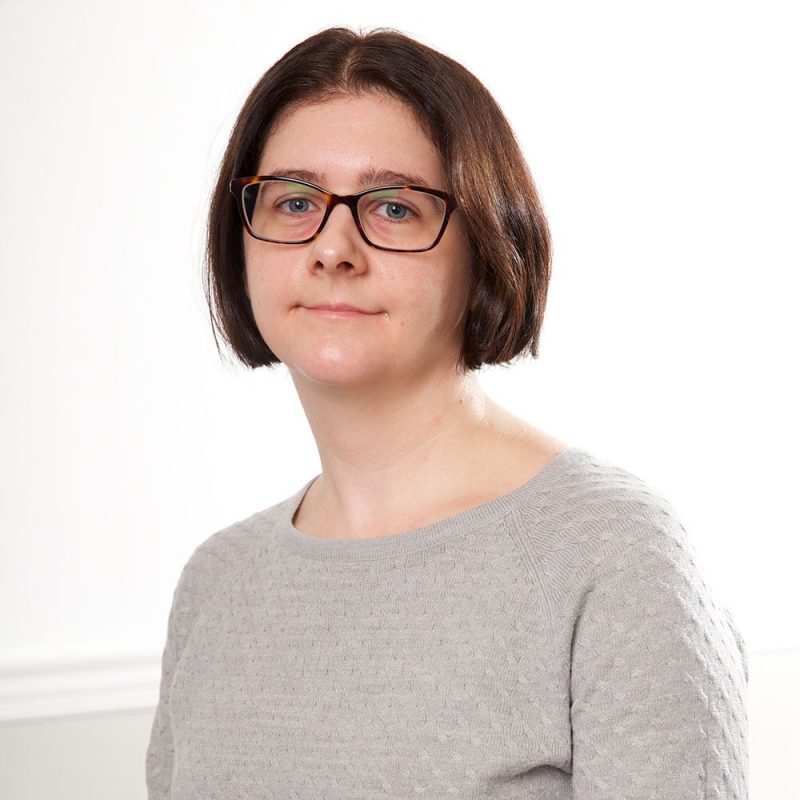-
Professor Sarah-Jayne BlakemoreInstitute of Cognitive Neuroscience, UCL
-
Dr Marinella CappellettiInstitute of Cognitive Neuroscience, UCL
-
Joanna EvershedCauldron Software/IndexMatch
-
David VaccaroHighgate School
Project overview
This project will investigate whether certain types of abstract information are most efficiently learned in early adolescence (12-15 years) compared with other age groups. The ability to manipulate and reason about abstract information is essential for complex mathematics.
Recent studies have shown that the brain develops greatly during adolescence in the regions involved in learning abstract information. This suggests that adolescence may be a ‘sensitive period’ for this kind of learning, but there is little empirical research on this topic.
In this study, participants aged 9 ‘ 35 years will undergo training on three cognitive processes relying on brain regions: relational reasoning (e.g. spatial organisation of item arrays), enumeration (processing of numerical quantities) and planning (problem-solving with multiple stages). These processes undergo development in adolescence but are not routinely practiced at school.
The researchers hypothesise that this training will improve task performance more for the 12-15 years age group, compared to the other age groups and a control group. They also hypothesise that learning these processes will be transferable to working memory (a related but untrained process), and that this transfer will be maximal in adolescence.
If abstract reasoning is most efficiently learned in adolescence, this study will have implications for ‘when to teach what’, and could inform both curriculum design and teaching practice, particularly in mathematics.
This interdisciplinary research project will involve neuroscientists, a secondary school maths teacher and an educational software developer.
























